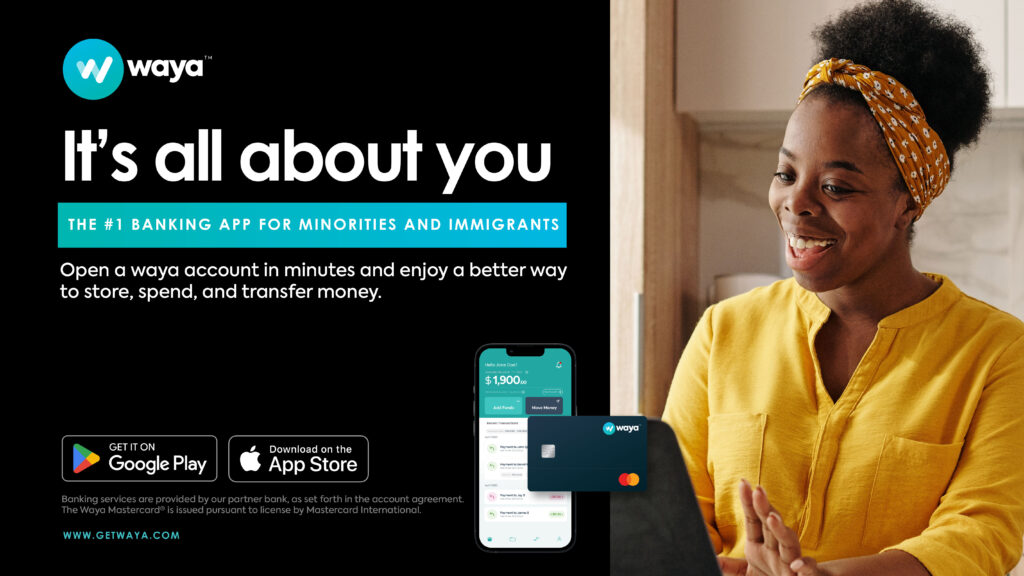Unlocking Banking and Financial Access for Low-Middle Income Americans, Immigrants, and Minorities.

In today’s world, where cashless transactions are becoming the norm, it can be difficult to comprehend why someone would opt to live without a bank account. Generally, banking is regarded as the secure, trustworthy, and suitable approach to managing personal finances, while alternative financial services are often perceived as exploitative and predatory. However, it is important to acknowledge that there are still many individuals who lack access to traditional banking services or are not adequately served by them.
According to the latest FDIC data from 2021, in the U.S., about 5.9 million households (4.5% of the population) were unbanked, showing a decrease from the 8.4 million unbanked households reported in 2017. Additionally, the number of underbanked households, those with limited use of banking services, was around 18.7 million, a significant reduction from the 24.2 million reported previously. This indicates a trend toward increased use of traditional banking services.
Despite this progress, challenges remain, particularly for low and middle-income families. Many still avoid banks due to a banking system that doesn’t seem to meet their needs. Banks often charge various fees, like overdraft, ATM withdrawal, and wire transfer fees, which can be a burden for those with lower incomes. These fees can accumulate quickly, especially with overdraft fees, which pose a significant challenge for individuals living paycheck to paycheck.
As a result, services like check cashing remain appealing, despite their costs. The high costs of alternatives like payday loans, which function similarly to overdraft fees, are often the only option for those who might face repeated bank fees.
Advice from policymakers to use traditional financial services like prepaid credit cards does not fully solve the problems faced by low and moderate-income individuals. These products, often less regulated, can have hidden and high fees, making them an expensive option for those who already struggle financially.
This situation creates a paradox where traditional banks, often viewed as stable, are not always the best option for lower-income groups. Alternative financial services offer a level of stability and trust that big banks often lack, particularly in terms of personalized service. For instance, Professor Lisa J. Servon’s research on check-cashing businesses highlights the importance of personalized services that big banks often do not provide.
Thus, while it’s crucial to bring low-income individuals into the financial mainstream, the current banking model needs significant reforms to be more inclusive, transparent, affordable, and personalized. Until these changes are made, alternative financial services, despite their limitations, will likely continue to be a more appealing choice for many.
Promoting inclusive and accessible banking and financial services for low and middle-income Americans, immigrants, and minorities.

Waya, a mobile banking startup, is making strides in addressing the financial needs of the unbanked and underbanked low to middle-income populations in the USA. This innovative mobile banking platform is particularly focused on empowering low-middle income americans, immigrants and minority communities, who have historically been overlooked by traditional banking channels.
Waya’s mobile banking and money transfer application provides a range of accessible and affordable financial services. Users can easily open a checking account within five minutes, provided they complete the necessary Know Your Customer (KYC) information. The service includes both virtual and physical debit cards and offers functionalities such as ACH and domestic bank transfers. Notably, Waya to Waya transfers allow for instant payments, enhancing the ease of transactions among users.
Understanding the unique needs of low to middle income americans, immigrants and minorities, Waya has integrated international money transfer services into its app. This feature is particularly beneficial for those who need to send money across borders. Looking ahead, Waya plans to expand its offerings to include secured credit cards and lending services, which could be instrumental in helping these populations build credit.
Waya’s approach is characterized by its user-friendly design and a commitment to financial inclusion. This is evident in the company’s mission to provide a straightforward, hassle-free banking experience – no tellers, no queues, just efficient and inclusive financial services accessible via a smartphone.
By offering these tailored services, Waya is addressing a critical gap in the financial market, making banking more inclusive for those who have been traditionally marginalized in the financial system. This initiative represents a significant step towards economic empowerment for immigrant and minority communities in the USA.
For more detailed information about Waya, you can visit their website here.
For more details on these statistics and trends, you can refer to the FDIC’s 2021 National Survey of Unbanked and Underbanked Households here.